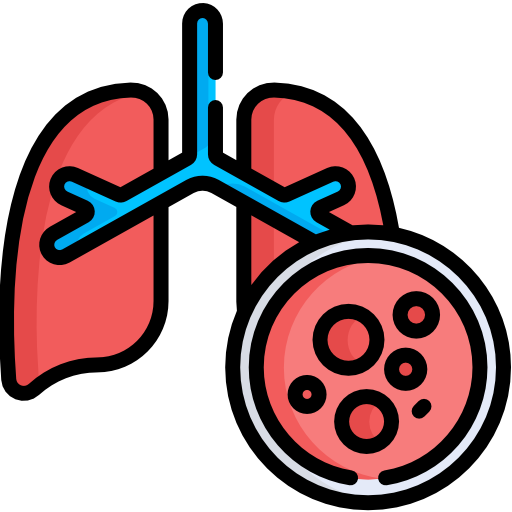Retroperitoneal Sarcoma is a rare kind of cancer. Sarcomas are different from the much more common carcinomas because they happen in a different kind of tissue. Sarcomas grow in connective tissue cells that connect or support other kinds of tissue in your body.
The Retroperitoneum is the space between the peritoneum and the posterior abdominal wall that contains the kidneys and associated structures, the pancreas, and part of the aorta and inferior vena cava.
Diagnosis of Retroperitoneal Sarcoma is usually made by a combination of a CT scan and in most cases, needle biopsy. The risk of spreading or “seeding” the tumor is exceedingly low and almost nonexistent with modern biopsy techniques.




